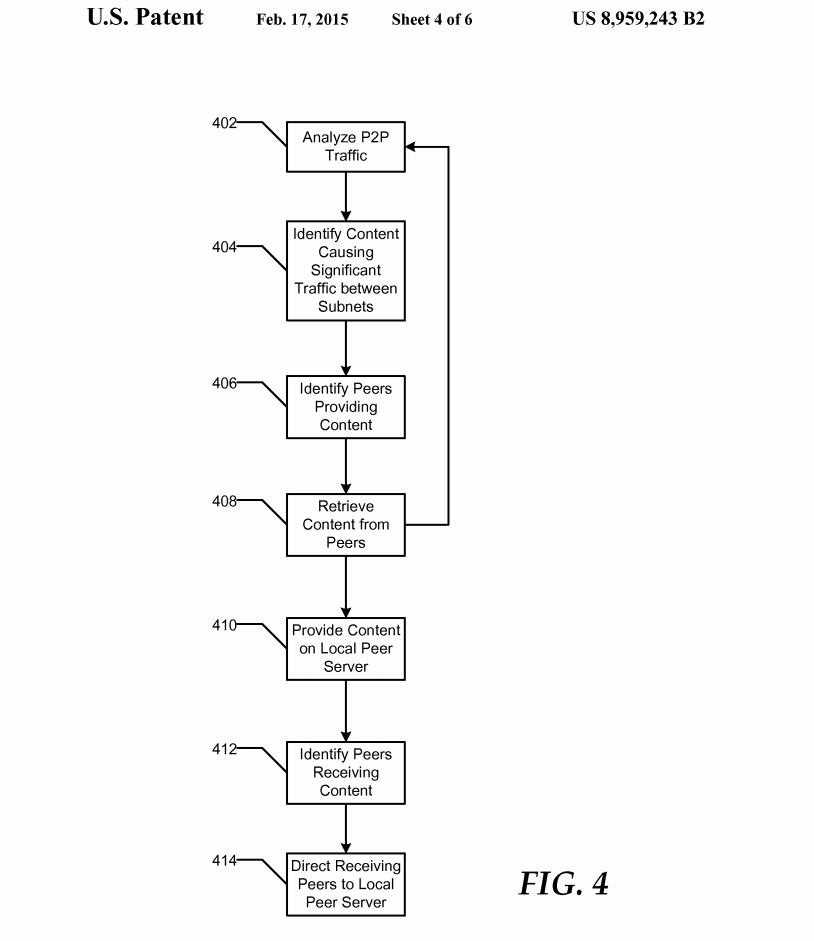Despite the growing availability of legal services, unauthorized file-sharing continues to generate thousands of petabytes of traffic each month.
This massive network use has caused concern among many Internet providers over the years, some of which decided to throttle BitTorrent transfers. Interestingly, AT&T believes the problem can also be dealt with in a more positive way.
A new patent awarded to the Intellectual Property division of the Texas-based ISP describes a ‘fast lane’ for BitTorrent and other P2P traffic.
Titled “System and Method to Guide Active Participation in Peer-to-Peer Systems with Passive Monitoring Environment,” one of the patent’s main goals is to speed up P2P transfers while reducing network costs.
While acknowledging the benefits of file-sharing networks, the ISP notes that they can take up a lot of resources.
“P2P networks can be useful for sharing content files containing audio, video, or other data in digital format. It is estimated that P2P file sharing, such as BitTorrent, represents greater than 20% of all broadband traffic on the Internet,” AT&T writes.
To limit the impact on its network resources, AT&T proposes several technologies to serve content locally. This can be done by prioritizing local traffic and caching files from its own servers.
“The local peer server may provide the content to peers within the same subnet more efficiently than can a peer in another subnet,” the patent reads.
“As such, providing the content on the local peer server can reduce network usage and decrease the time required for the peer to download the content.”
The ISP realizes that there may be legal concerns when it starts to serve downloads from its own servers, and notes that some “unlicensed” content may be excluded.
In addition to caching files, the patent also describes a system in which BitTorrent traffic is analyzed in order to connect subscribers to peers that cause less congestion.
“In an embodiment, pieces of the data file may be preferentially retrieved from peers closer in the network or peers having a lower network cost,” the patent reads.
In other words, AT&T’s proposal reduces network costs while speeding up the transfers of its subscribers. It seems like a win-win for everyone involved, except strict net neutrality proponents who expect every bit to be treated equally.
Given the big push for net neutrality it is unlikely that the ISP has intentions to test or implement the file-sharing “fast lane” in the real world.
It’s hard to miss the irony here.
The present net neutrality debate first started in 2007 when TF uncovered that Comcast was throttling BitTorrent traffic. Those same principles might now prevent a system that can speed up torrents.








